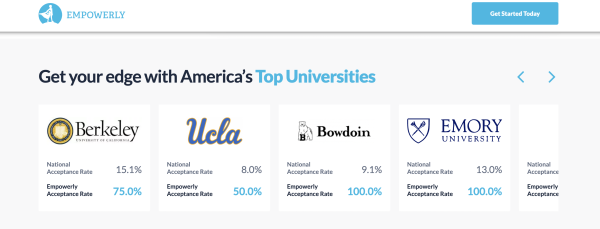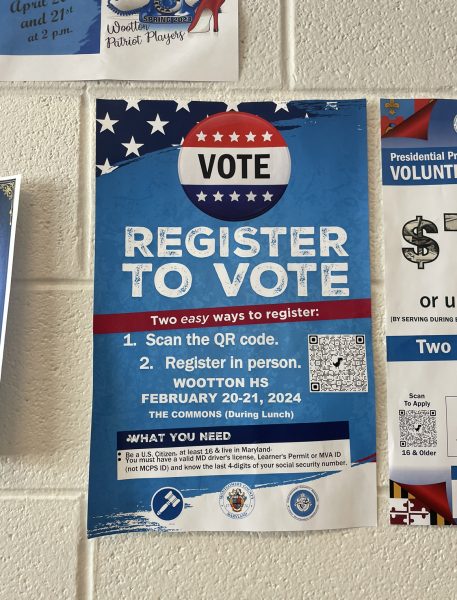Reality TV is worthwhile
During his free period, senior Jared Su spends his time catching up on the latest “Love Island USA” season.
Unlike what most people want you to believe, watching reality TV is productive.
People often believe that watching reality TV is a waste of time. The main argument is that there is little to nothing to gain and time can be spent better doing something else. Instead of watching reality TV you could “spend time with your family, paint, read, listen to music” an anonymous source said on TeenInk.
Additionally, opponents believe reality shows can be especially negative for children and they may have trouble distinguishing reality TV from real life. “Kids often tend to confuse reality TV with the real world,” Sahana Charan said on parentcircle.
Furthermore, non-reality TV fans argue that reality TV can be toxic for the cast. Reality TV is often the most frowned upon genre of television, a stigma of unintelligence attached to it. However, “the reaping benefits of watching are exactly the opposite,” Sanjana Sathrasala said on the Perspective.
There is actually much to gain from sitting down on the couch in our comfy pajamas and binging a couple of episodes of “The Kardashians” or “Survivor” after a long day. Reality TV makes us feel involved because it’s so authentic to real life that we can even visualize ourselves in the cast.
Additionally, because shows like “Catfish” are realistic we often take our minds off of our own problems and instead focus on others obstacles whatever is occurring in that episode. Of course, yes, we could be training for a triathlon or creating a multi-million dollar company. But that doesn’t mean that getting cooking inspiration from “Masterchef” or “Chopped” is a waste.
Watching “Dance Moms” or “Project Runway” can motivate us to take a dance class or become a fashion expert because we are seeing others thrive, which “validates that hard work leads to success,” Sathrasala said on the Perspective.
Certain reality shows can be toxic, like “Toddlers and Tiaras,” due to the unhealthy beauty standards put on toddlers but that doesn’t diminish all reality shows. Also, these individuals chose to be on these shows. Nobody forced them and they even made money from the show. If the cast is liked by the audience they can even turn it into a career on social media, which boosts employment.
Furthermore, it boosts awareness about mental health because of shows like “Hoarders: Buried Alive,” which introduced a disorder that people were unaware of. Moreover, on “The Great British Baking Show” or “The Voice,” participants get to reflect upon their own lives and discuss the impact of the competition show on their mental health.
Reality TV can make us emotional and promote empathy. Everyday chores like laundry don’t necessarily provoke a strong response. But, reality TV is real people with emotions and often when we see others upset, we become troubled as well. This can promote a better understanding of ourselves and our reactions to others.
Next time the TV just happens to fall on “RuPaul’s Drag Race” or “Wheel of Fortune,” don’t worry, it’s benefiting you.
Your donation will support the student journalists of Thomas S. Wootton High School. Your contribution will allow us to purchase equipment and cover our annual website hosting costs.
Sophomore Hayley Gottesman is a news editor in her second year on Common Sense. She enjoys reading and hanging out with her friends. You can find her on...












